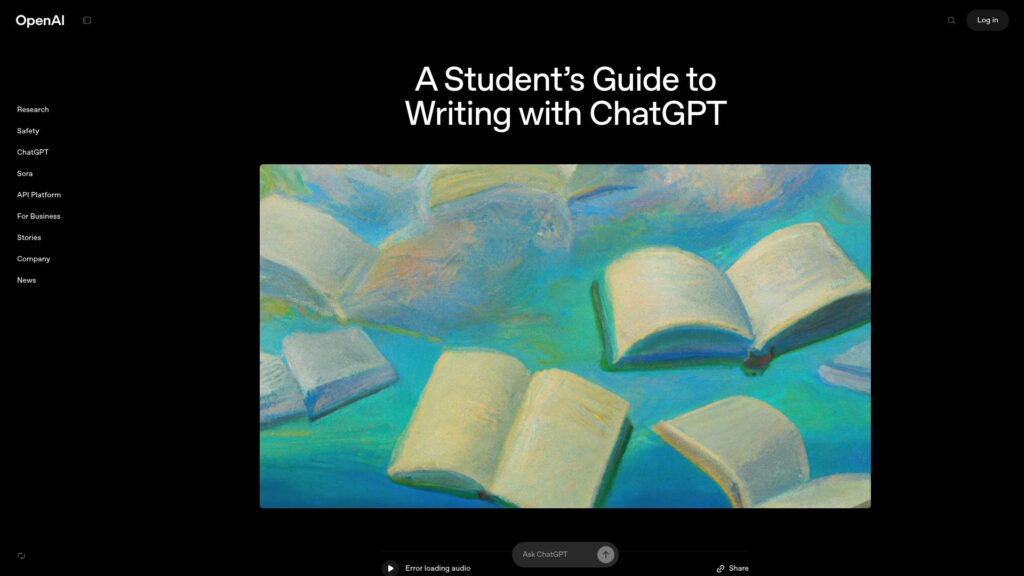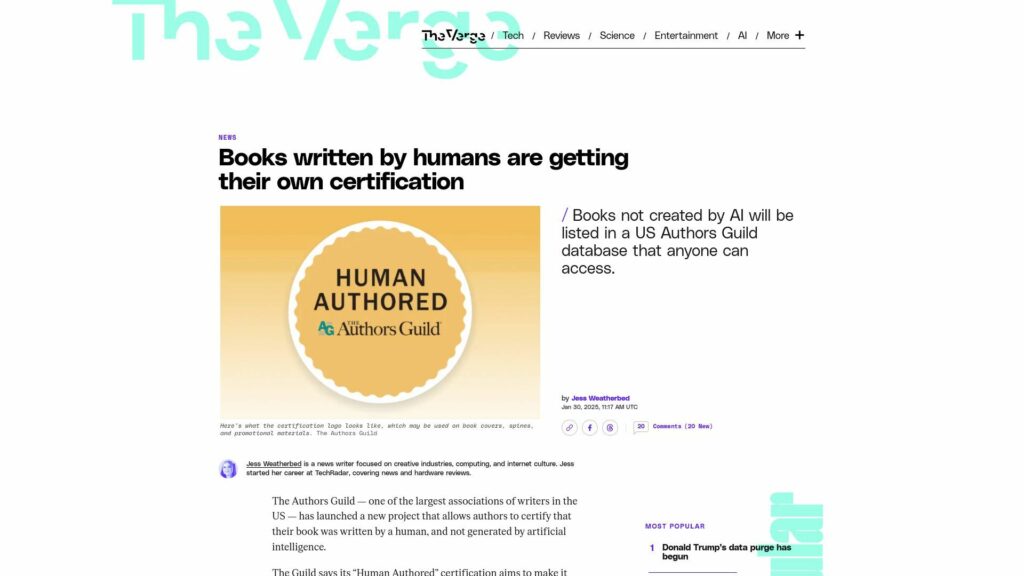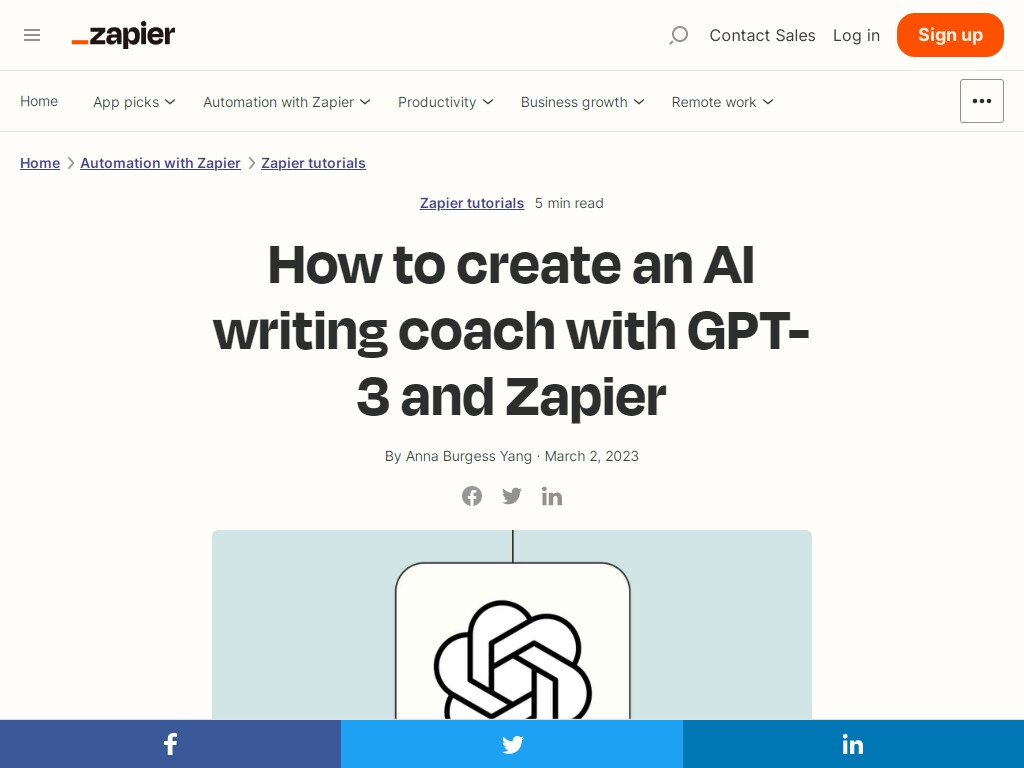As a writer, you're always looking for tools that can help streamline your creative process and enhance your work. One such tool is GPT-3, an advanced AI language model that can generate human-like text and assist with various writing tasks. In this blog post, we'll explore how you can create your own AI writing coach using GPT-3 and the benefits it can bring to your writing endeavors.
Using GPT-3 as Your AI Writing Coach
GPT-3, developed by OpenAI, is a groundbreaking AI model making waves in writing assistance. In a recent post on Zapier, the author demonstrates how to create an AI writing coach using GPT-3, which can offer suggestions, generate content, and even help with editing.
Integrating GPT-3 with Your Writing Workflow
To utilize GPT-3 as your AI writing coach, you can integrate it with popular writing platforms such as Google Docs, Notion, or any other platform you choose. This integration allows you to seamlessly access GPT-3's capabilities within your writing environment, making it easy to get real-time suggestions and assistance as you write.
Benefits of an AI Writing Coach
- Improve your writing speed and efficiency.
- Generate new ideas and perspectives.
- Refine your writing style and tone.
- Receive suggestions for better phrasing and sentence structure.
- Enhance your editing and proofreading process.
By harnessing the power of GPT-3, you can create a personalized AI writing coach that can help improve your writing skills and streamline your creative process. Whether you're working on a novel, blog post, or professional document, GPT-3 can be a valuable addition to your writing toolkit, enabling you to produce high-quality content faster and more efficiently than ever before.
https://zapier.com/blog/create-ai-writing-coach-with-gpt-3/






